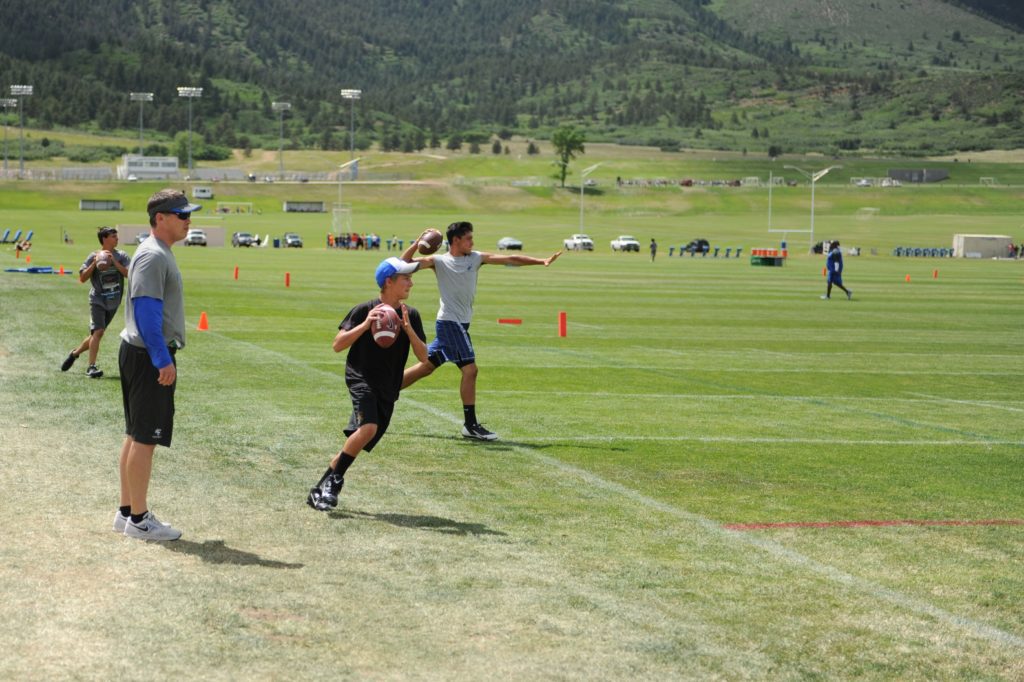When I was in second grade, my elementary school arranged for students in my grade to go to Summit Lake Camp, located near Emmitsburg, Maryland. To be honest, I don’t remember much of the experience in the way of camp. The most distinct memory I have — other than the awkwardness of sleeping on a bunk with a sleeping bag instead of normal sheets — are of a fellow classmate actually catching something in the way of fish.
Based on my experience 22 years ago, when I come across a video about a camp where the experience is described as “amazing,” I need more evidence than empty words. When you’re looking for great summer camp experiences for your children, you should think about the quality of the camps you’re considering.
One aspect of Washington, D.C., culture is that when people do something, they want to do that thing well. And that desire to overachieve is passed on to young Washingtonians.
A good way to identify the best summer camp is to focus on your children’s strengths. By matching those strengths, you provide an opportunity for your child to go beyond the surface level of his or her areas of interest.
Some children, for example, are very good at and interested in sports. US Sports Camps offers opportunities in 16 different sports — including tennis, swimming and volleyball — advertising that its camps are “under the supervision of top-rated NCAA & professional coaches.” Georgetown Visitation Preparatory School also has sports camps on its campus, and Georgetown University has a summer tennis camp at Yates Field House.
These programs encourage competitiveness, but all in good fun. However, the expected abilities of the young people can vary. Training at a lower level is often recommended, if not required, before enrolling.
Some camp programs have competitive admissions, with acceptance considered a big deal. One example is Johns Hopkins Applied Physics Laboratory, which has a partnership program with College Prep. The program is designed for high school students who are interested in STEM and lack significant mentors, but is open to all high school students.
One resource that should be looked into for extremely intelligent youngsters is the Johns Hopkins Center for Talented Youth, which requires assessment through its “Talent Search” feature. The program, for those who are accepted, has programs for both the gifted children and their families. These types of merit-based summer programs are given more weight than summer programs where, to get in, children only need their parents to foot the bill.
Application anxiety, however, isn’t a prerequisite for a great summer camp experience. In the end, good summer camp programs deepen children’s knowledge bases. The River School in Washington, D.C., has a summer camp that focuses on having “a balanced schedule” for creative, intellectual and physical activities, seeking to develop well-rounded children who will go on to become well-rounded adults.
Summer camps can also encourage camaraderie among young campers, a selling point of the Traveling Players Ensemble in Virginia — at the Madeira School in McLean and Lake Fairfax Park in Reston — and the French Woods Festival of the Performing Arts in New York’s Catskill Mountains. Among the notable alumni of French Woods are actress Zooey Deschanel and Maroon 5’s Adam Levine.


